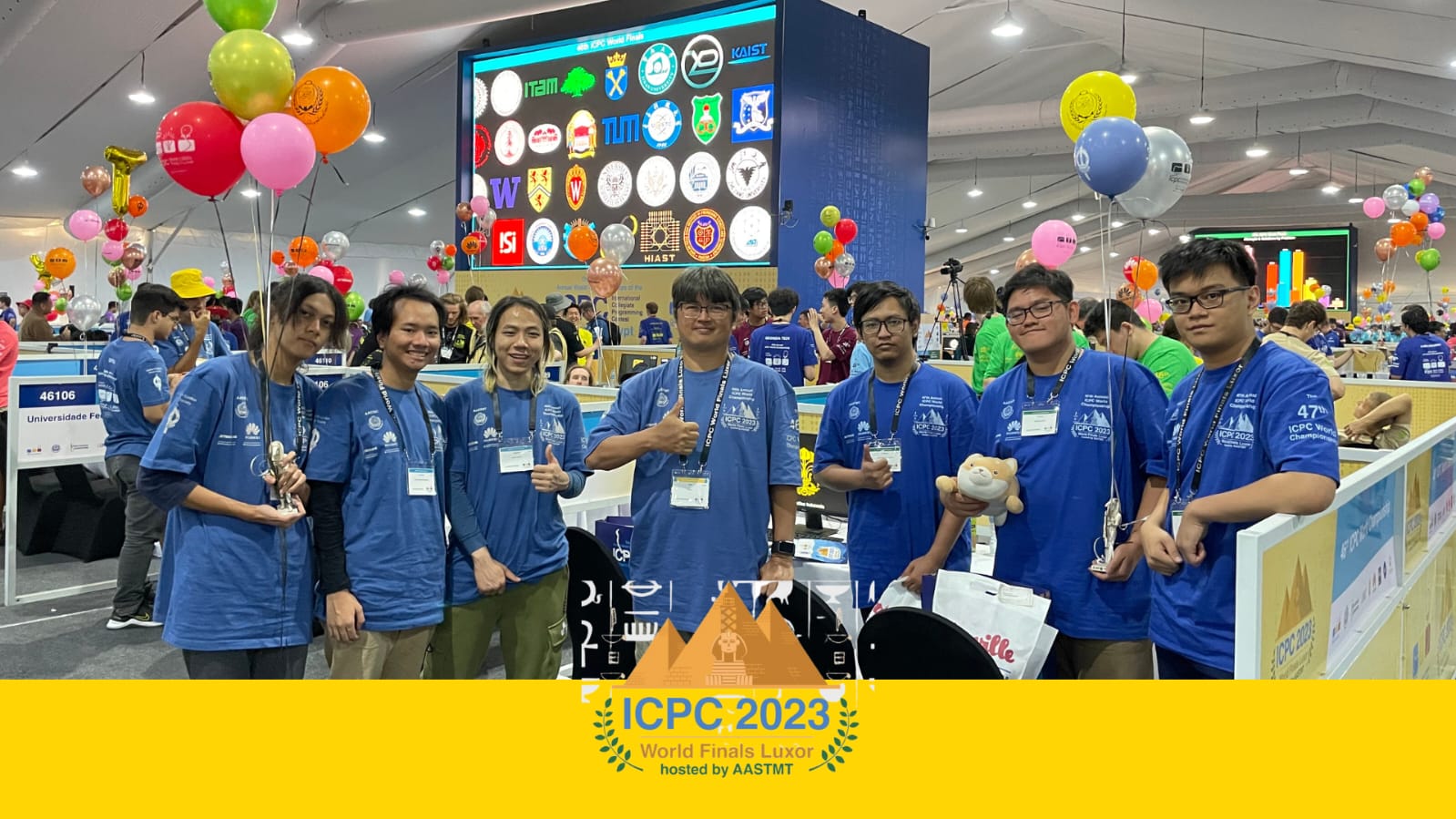The community has experienced a scarcity of cooking oil for the past few months. Economically, the price of cooking oil in the domestic market occurs due to changes in raw material prices. The increase in the price of cooking oil is in line with the soaring price of crude palm oil (CPO) as the main raw material for cooking oil.
The case is different, if the increase in cooking oil prices is examined from a political point of view. The government must realize that no economic and political policy can satisfy all parties. Each group tries to get the maximum economic benefit with the smallest effort. Therefore, in every economic and political policy, there are always winners and losers.
From an economic and political perspective, the government faces the challenge of making the right policies related to the cooking oil crisis in Indonesia. In the context of the market, policy is not made based on buying and selling behavior, but from the constituent actors, namely the people, who play an important role. The presentation was delivered by Meidi Kosandi, Ph.D. as a lecturer at the Department of Political Science, Faculty of Social and Political Sciences, Universitas Indonesia (FSPS UI), in the webinar “Strategies for Resolving the Cooking Oil Crisis in Indonesia”, last Thursday (31/03).

According to Meidi, in the case of the scarcity of cooking oil, the government faces a dilemma between the market and the community. This issue is motivated by the increase in the price of palm oil in the world. Packaged cooking oil is rare when the Highest Retail Price (HRP) scheme is applied, but when following market prices, social and political issues arise in the community. Apart from that, there is also the issue of the government’s impartiality towards the people and the emergence of the cooking oil cartel—an alliance between two or more parties who take advantage of the sale of cooking oil.
“The issue of the cooking oil cartel seems to have been justified by the Minister of Trade of the Republic of Indonesia Muhammad Lutfi, in front of the members of the Indonesian House of Representatives. With the ministry’s limited authority, Lutfi mentioned the existence of a cooking oil mafia that takes personal advantage so that various government policies are blunted in the market. This mafia or cartel can be done through three things, namely price, production, and marketing area,” said Meidi.
Meidi added, there are several state policies in the palm oil industry sector. First, the downstream palm oil-based industry which has been implemented since 2007. With various innovations, Indonesia has succeeded in developing 168 types of derivative products, 80% of exports of derivative products, and cooking oil production. Second, there is centralization under the Palm Oil Plantation Fund Management Agency and the implementation of the B30 program. The 30% Biodiesel Mandatory Program (B30) is a government program that requires the mixing of 30% biodiesel and 70% diesel fuel. This program is claimed to benefit the country through additional foreign exchange because 30% of the raw materials for the manufacture of diesel are obtained from Indonesian palm oil commodities.
These steps demonstrate the efforts made by the government in developing the domestic palm oil industry. Even so, the state faces a dilemma because in developing the palm oil industry, the state is faced with various issues, such as the environment destruction, forest land conversion, and the issue of pro-community.
In implementing policies, there is a tendency to dominate the paradigm of power. Several narratives also emerged regarding the increase in cooking oil prices, for example the narrative of dependence on domestic consumption of cooking oil, so that changes in people’s behavior are needed and the narrative of hoarding cooking oil. Narratives like this may be true, but in practice all these supply-related problems are often linked to other issues, for example politics.
There are several policy options that can be applied regarding the problem of rising cooking oil prices. The government can build a sustainable palm oil industry by involving the community in state policies. From a regulatory perspective, the government must make arrangements for prioritizing domestic market supply and apply domestic trade incentives. Meanwhile, regarding distribution, the domestic market must be protected and supervision of the domestic market and international trade must be tightened. Policies must also be redistributive. This means that the income from palm oil products is used for the environment, industry, and the domestic market.



